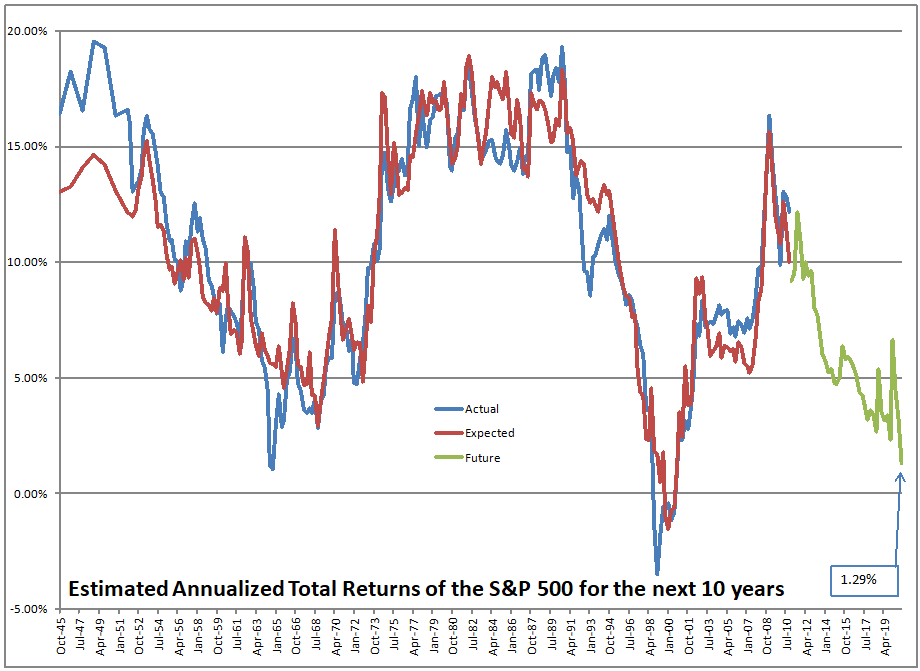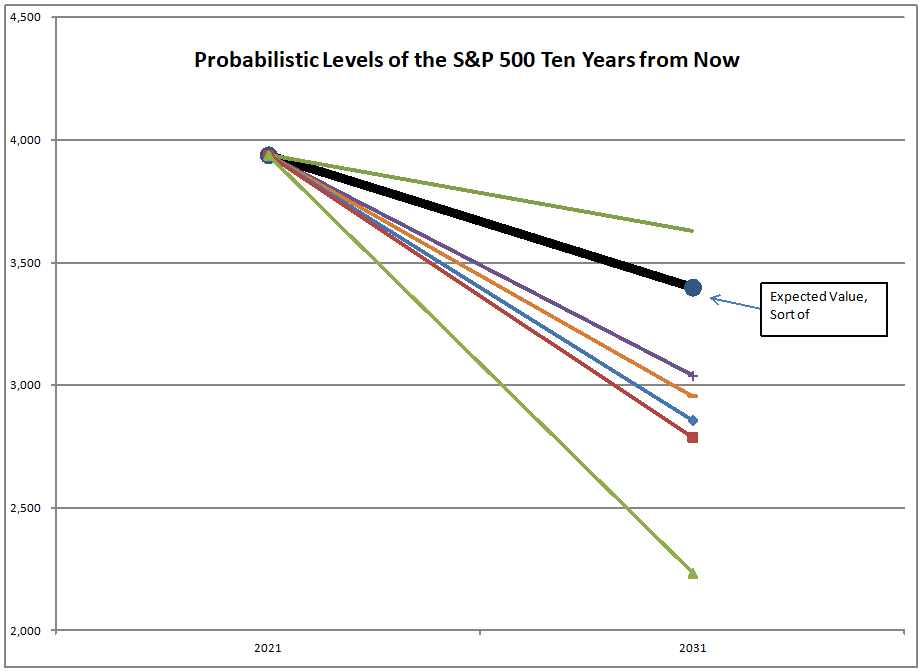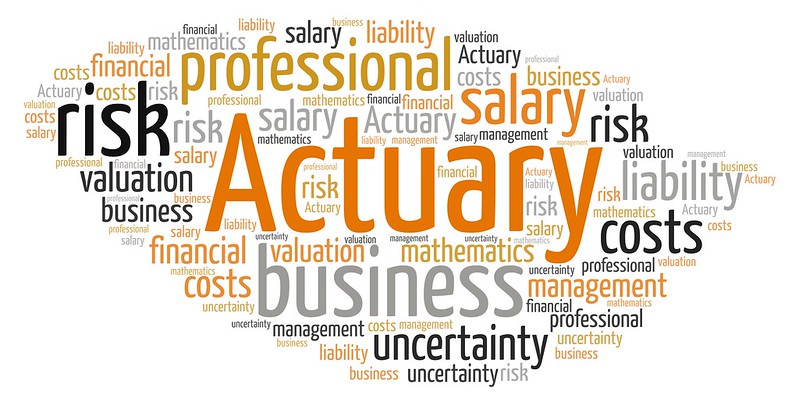Dear Young Old Friend
Photo Credit: Davide Mauro || It is good to have relationships that transcend generational divides
Here is a comment from an old friend of mine who I knew when he was young.
I’m curious how your model works to claim that SPY is priced to grow 0.54% per year for the next 10 years. You may be going off the historical ~7% average annualized returns, but everyone knows past performance is no indicator of future performance. A few things…
1) yes, valuations in SPY are high. But you have to remember that SPY is market cap weighted, so somewhere around a quarter of the total balance is concentrated in high growth tech stocks (FAANG, etc).
2) getting into high growth tech stocks, yes valuations are through the roof. But so are the year over year revenue and EPS growth of these companies. This is a distinct difference from the dot com bubble. And this gets me into
3) the information revolution is the single greatest industrial/technological revolution since possibly the railroad, or steel, or the assembly line. In the history of SPY (at least since the 1900s when we had exchanges and a central bank) we have not had a truly transformative industrial revolution. We are still in the early phases of history here. And finally
4) 2020 was the swiftest recovery from a bear market in history. Year over year GDP growth went from negative 2% to a projected +6% in 2021. Stocks went from lows of -30% to record highs. This is clearly due to swift and competent action from the fed (injecting liquidity into the markets, keeping interest rates low, quantitative easing) and the government (leveraging historically cheap debt to deliver fiscal stimulus rapidly).
I truly believe it was lessons learned from the past – in the Great Depression, in the subprime crisis, and others – that kept this from being a major covid-induced market meltdown and recession. We now have over a century of fiscal, monetary and regulatory experience to keep markets operating smoothly. In summary, past returns do not take away from the fact that there is plenty, plenty, plenty of reason to be optimistic about the next 10 years.
Estimating Future Stock Returns, December 2020 Update
Thanks for writing. I always thought you were quite bright. But investing is something where raw intelligence does not always lead to a good result. Bright people can be overconfident, and can overprice assets that are very good… it has happened many times in history.
I explained this model in the greatest degree of detail in the first two articles in this series (one, two). I have made no significant changes since then, aside from coming up with a way to estimate the model more accurately between the quarterly releases of data that the Fed provides.
The model that I use estimates the percentage of assets that the average American holds in stock (public and private) versus total assets. When that percentage is high, future returns have been low. When that percentage is low, future returns have been high. Since 1945, the lowest percentage has been 21.9%, and the highest 51.8%. The current value is 47.6%, which implies returns over the next 10 years of 0.66%/year, less than what can be earned on a ten-year T-note.
It’s an ordinary least squares regression model, and is the best-fitting model of all the competing theories for valuing the market as a whole. It reflects human nature — manias and panics. If people are farsighted and rational, why should the value of equities as a percentage of all assets change so much?
Now, you might ask: doesn’t taking more risk always lead to more returns? My answer to you is no. There are prudent risks, and imprudent risks. An asset will be riskless at a low price, but very risky at a high price. Remember the dot-com bubble, the go-go years, and the Great Depression. These were separated from each other by 35 years on average — basically a generation. Each generation gets at least one mistake. Popular companies became overvalued because of overly easy monetary policy, and crowd mania (r/wallstreetbets is a current example).
Now, the amount held in stock on average by Americans is high now than at any point since the dot-com bubble. Now, in the dot-com bubble, companies that had no profits were notable. It was a nutty era. But they weren’t the biggest companies in the S&P 500 index, and most of the largest companies were overvalued, but to the same degree as the growth companies today are overvalued, and with similar growth prospects then as now.
There is a conceit around the “information revolution.” It’s difficult to measure whether there is truly productivity growth from it. Take a look at the charts of productivity growth since 1990, productivity growth has not accelerated over the years prior.. Personally, I think materials science has had a greater impact. All the substances that we can use now that have greater tensile strength, conductivity, durability, flexibility, ability to deal with heat, cold, moisture, etc. That has affected what information technology can do as well… without improvements in materials science, information technology improvements would be much slower, and programmers could not be as sloppy.
I wrote about the the bear and bull markets of 2020. It’s been an odd time, but no odder than any other time. There is the conceit that the present moment is the hardest to understand in the markets, but we forget how confused we were in the past because of the “benefit” of hindsight bias.
Where I disagree with you the most is with you is on monetary and fiscal policy. The proper lesson of the Great Depression is not “when things go bad run deficits and print lots of money (or credit).” The proper lesson is: under ordinary circumstances run balanced budgets, don’t let monetary policy get too loose, and regulate banks tightly so that you don’t have rashes of bank failures.” Our leaders have consistently failed at this, and what we are facing as a result is either a bout of significant inflation (which will hurt stocks less than bonds), increased taxation (gotta pay off those bonds), or deflation, as economies that ae highly indebted, as ours is, do not grow rapidly.
I am not faulting our leaders for their current actions to avoid a crisis, but the past actions that have created the crisis, and for which they will not admit blame. I understand deficits in wartime, but not peacetime.
I appreciate your questions, and hope for more of them. But if you want to get a economic education, here are a bunch of books to consider. Oh, here are some investment books as well.











